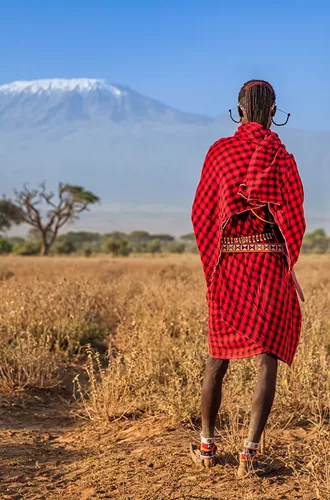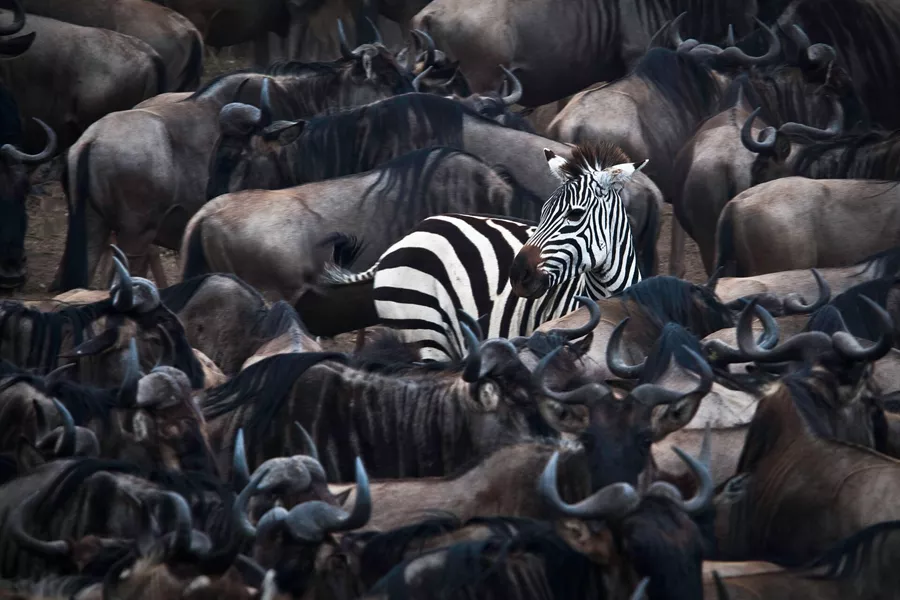Health
Yellow fever is widespread in Kenya and is spread by mosquitoes. It's prevented by vaccination. Take your yellow fever vaccination certificate with you to Kenya.
Malaria is widespread except in Nairobi and at altitudes above 2,500m.
Other insect-borne diseases occur, including dengue, Rift Valley fever
Lymphatic filariasis and African sleeping sickness. To protect yourself from disease, ensure your accommodation is mosquito-proof, use insect repellent, wear long, loose, light-coloured clothing and consider taking medication to prevent malaria.
Waterborne, foodborne and other infectious diseases are common. Serious outbreaks sometimes occur. To protect yourself from illness:
drink boiled water or bottled water with sealed lids, avoid ice cubes, avoid uncooked and undercooked food, such as salads and avoid contact with dogs and other mammals. Don't swim in fresh water to avoid exposure to waterborne diseases, such as bilharzia (schistosomiasis).
Official Travel advice visit:
Kenya Travel Advice & Safety | Smartraveller (Kenya)
Kenya | SafeTravel NZ












